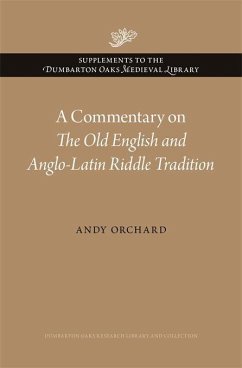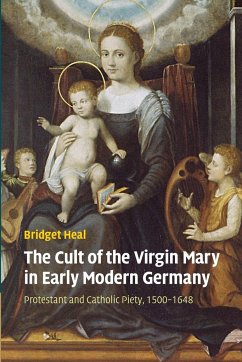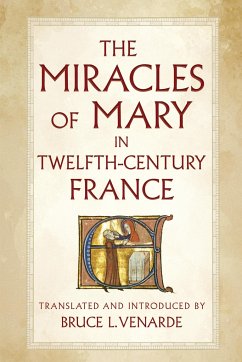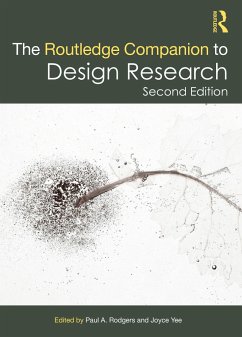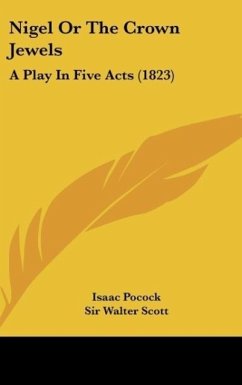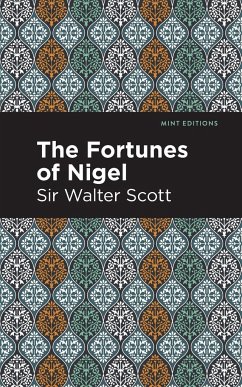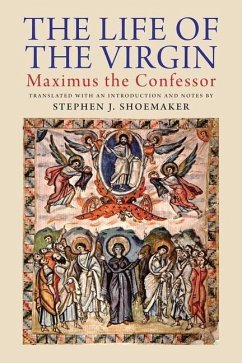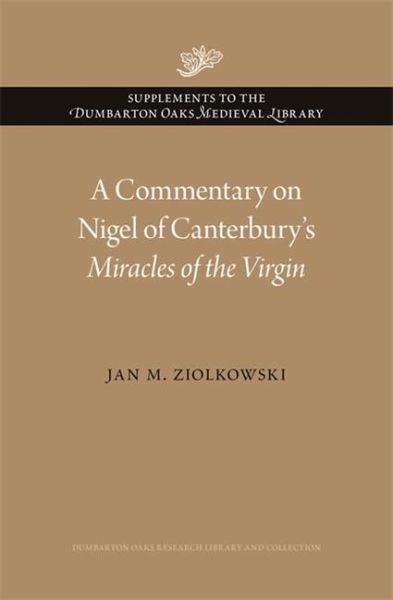
A Commentary on Nigel of Canterbury's Miracles of the Virgin
Versandkostenfrei!
Versandfertig in 2-4 Wochen
66,99 €
inkl. MwSt.

PAYBACK Punkte
33 °P sammeln!
Nigel of Canterbury, also known as Longchamp and Whiteacre, wrote toward the end of the so-called Twelfth-Century Renaissance. He was a Benedictine monk of Christ Church when Thomas Becket was martyred, and a star of Anglo-Latin literature while the Angevin kings held sway over a vast empire that encompassed not only the British Isles but also western France. The Dumbarton Oaks Medieval Library volume features, alongside the Latin, the first-ever English translation of Nigel¿s second-longest poem, Miracles of the Virgin. The Miracles is the oldest extant collection of versified miracles of Ma...
Nigel of Canterbury, also known as Longchamp and Whiteacre, wrote toward the end of the so-called Twelfth-Century Renaissance. He was a Benedictine monk of Christ Church when Thomas Becket was martyred, and a star of Anglo-Latin literature while the Angevin kings held sway over a vast empire that encompassed not only the British Isles but also western France. The Dumbarton Oaks Medieval Library volume features, alongside the Latin, the first-ever English translation of Nigel¿s second-longest poem, Miracles of the Virgin. The Miracles is the oldest extant collection of versified miracles of Mary in Latin and indeed in any language. The seventeen narratives, telling a gamut of tales from diabolic pacts to pregnant abbesses, gave scope for Nigel to display skills as a storyteller and stylist, while recounting the miraculous mercy of the Virgin. This supplement offers an extensive commentary to facilitate appreciation of the Miracles as poetry by a medieval writer deeply imbued in the long tradition of Latin literature.



